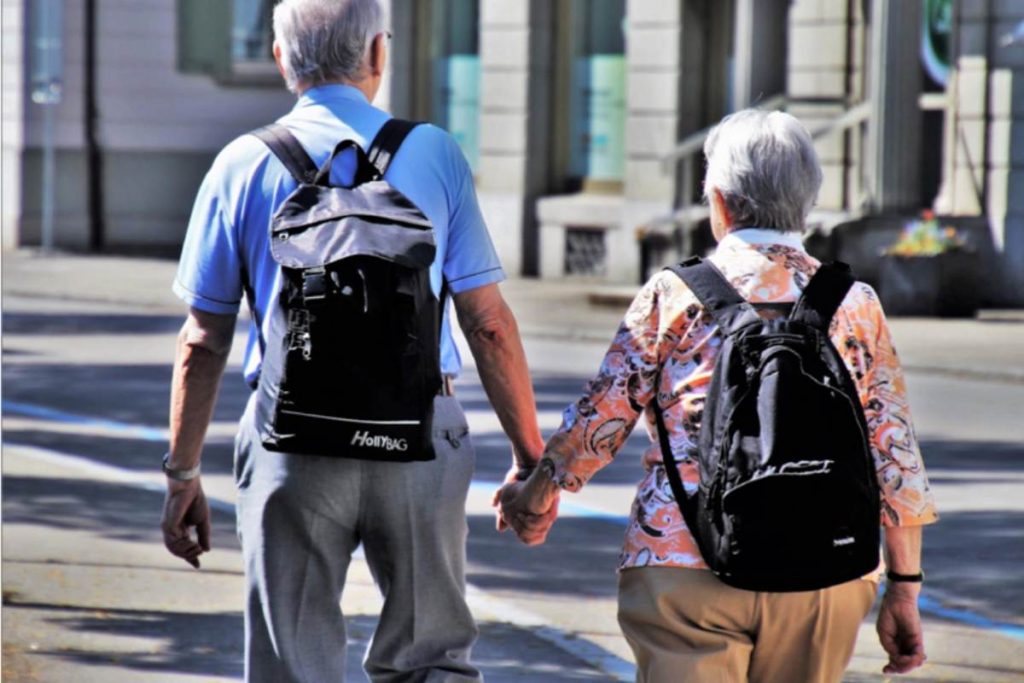Fall Prevention Is Crucial for Medical Facilities – Fall prevention is critical to protect seniors, patients, and even children. Whether at a hospital or clinic, following certain steps can minimize the chances of falls and serious injuries. Falls are the second most important cause of accidental deaths worldwide, with 684,000 estimated deaths annually, making it a matter of great concern. Adults older than 60 years and those in lower and middle-class countries are mostly affected due to medications, surgery, weak muscles, confusion, and blurry vision.
Numerous fall prevention tips can help prevent seniors and patients from falling. These include ensuring proper lighting and providing assistive devices, anti-skid shoes, clear walkways, and proper supervision. This guide looks at four reasons why preventing tripping and falling is crucial in a hospital/clinic setting.
Table of Contents
Adverse Effects On Patient Health
While it is true that falls can lead to death, it is also true that those that trip and survive can develop serious health complications. These complications can worsen pre-existing medical conditions and make old age even more difficult to live through. Recovery slows down, and ill and old patients become prone to infections through open wounds.
Additional medical bills and prescribing more medicines puts a load on the pocket, taking a toll on the victim’s health. Prolonged time in the hospital and medication side effects can also be very unpleasant. A study found that fall patients spend an additional 6.3 days at the hospital. This can lead to suffering, loneliness, depression, and other mental health issues.
Additional Medical Costs
An extended stay at the hospital may be required with serious falls and resulting injuries, increasing the victim’s overall medical bills. Patients have to pay for their expenses, and the hospital also needs to invest a ton of resources to help with recovery.
Critical cases may require the attention of more than one doctor and may require the use of expensive equipment. It has been estimated that the average fall cost is nearly $14,000. Besides the costs, it is also possible for a hospital to come under fire if their negligence causes a fall. Legal costs or getting sued can further increase the financial burden on the facility. It is essential for medical institutes to make use of fall prevention steps and ensure patient safety.
Negative Impact On Reputation
Healthcare institutes like hospitals, clinics, care homes, or nursing homes should practice fall prevention. Falling and tripping are common and easily bound to happen, and negligence on this part can damage an institution’s reputation. In order to stop this from occurring, a medical facility must ensure the following:
- Excellent risk assessment
- Proper and clear communication
- Application of safety protocols
- Medical staff training
- Providing professional supervision to critical patients
- Assign staff levels of skill and knowledge
- Appoint team leaders or managers to overlook different departments, levels, and types of patients
Other than tarnishing the image, negligence can cause a loss in the business of the medical facility. Fewer patients will trust you with their issues, and it may take several years to fix your damaged reputation.
Fall Prevention Training Improves Staff Communication and Skills
Doctors, nurses, and staff must all take responsibility and train to prevent falls. Safety protocols and procedures are taught through caregiver training certification courses, which are often required by state law for senior care professionals. When people from various departments and positions bring together to train, unity, and communication improve significantly. It enables them to understand how to handle situations individually and in teams.
With skilled personnel working together, awareness and safety protocols improve, ensuring that accidents do not happen. Training programs also lead to identifying what additional equipment the medical facility needs and what things need to fix. Facilities can also:
- Use whiteboards for clear communication and rules
- Set fall alert alarms
- Add fall alerts to e-medical records
Endnote
While falls are one of the leading causes of accidental deaths and serious injuries worldwide, following specific safety protocols can make them preventable. Training the staff, using proper equipment, and providing adequate patient care can be beneficial for preventing accidental falls and improving reputation in the healthcare industry.
